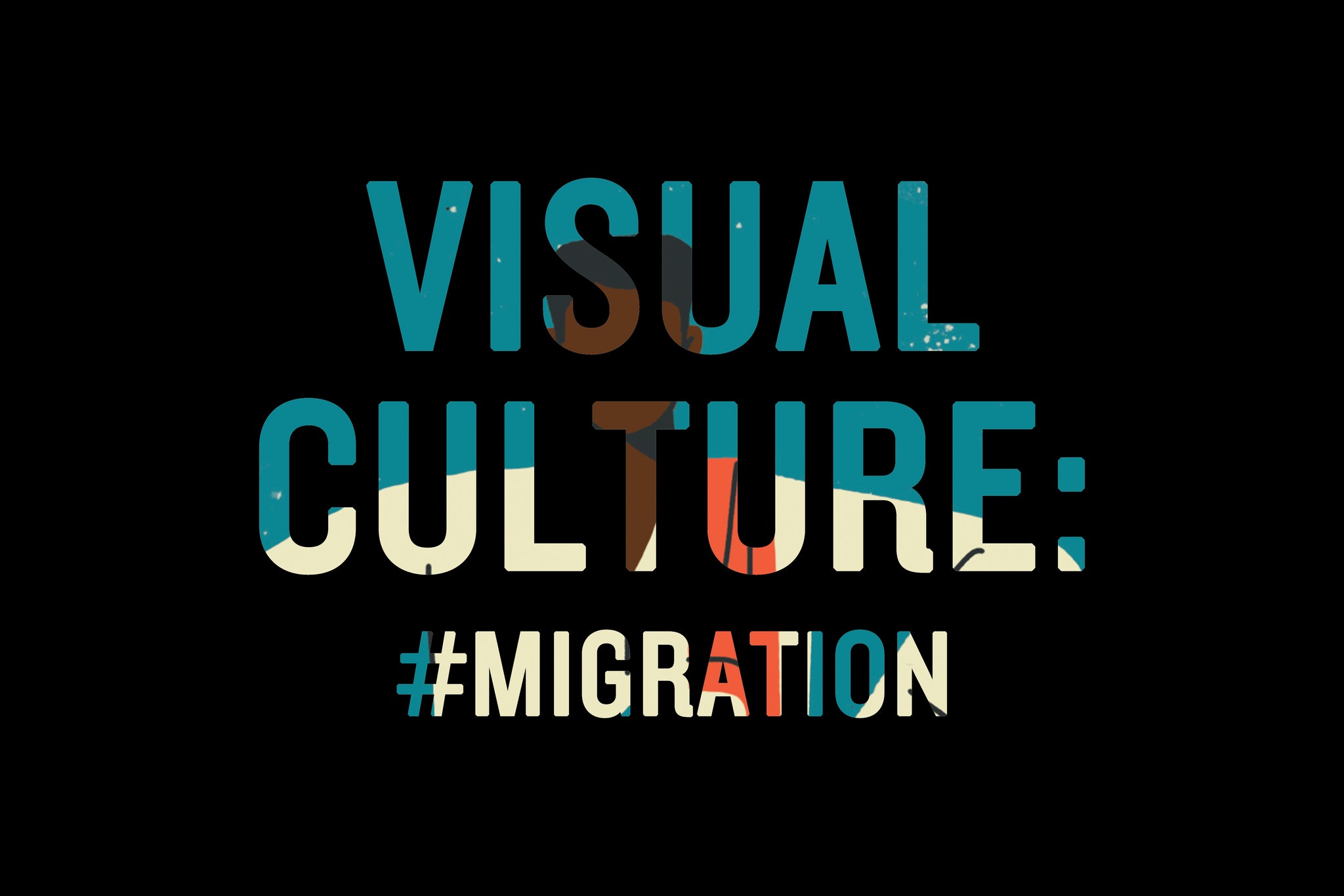Your Cart is Empty
100+ ARTISTS | 1,000+ ARTWORKS | KULTURE SHOP IS NOW CLOSED

On March 25, India’s 1.3 billion people were placed under a nation-wide lockdown. Informal public and private establishment closures early on were a telling sign of things to come. Workplaces and shops shuttered ‘temporarily’; restaurants ran empty; the streets went silent.
While we settled in, expecting to make a return to the daily grind soon enough, it unfolded differently for a million others: Our migrant population.
According to Aajeevika Bureau, “An overwhelming 120 million people or more are estimated to migrate from rural areas to urban labour markets, industries and farms. Migration has become essential for people from regions that face frequent shortages of rainfall or suffer floods, or where population densities are high in relation to land.
…Economic growth in India today hinges on mobility of labour. The contribution of migrant workers to national income is enormous but there is little done in return for their security and well-being. There is an imminent need for solutions to transform migration into a more dignified and rewarding opportunity.”
Our reality has refracted through the lockdown prism. It has exposed systemic inequalities and exclusion that remain usually concealed by profitability, commerce, and convenience. The state, media, our social institutions, and perhaps even we have failed our people.
Animated film by Debjyoti Saha
They left their homes in search of a better life. They built our cities, and chose to stay. Unrecognized and with no real purchasing power, their status quo remains. Over the past few months, our migrant workforce has been brutalised in every way. Animated Filmmaker Debjyoti Saha delivers their painful struggles and lack of social integration, while highlighting the glaring contrasts of the urban lockdown experience.
Undocumented, disposable, and even marginalised, migrant workers were unprepared to deal with this crisis - the lockdown and its subsequent drastic measures. Without any security and suddenly jobless; no daily wage, no real ability to social distance, no promise of healthcare, or even their next meal, they were left with no options.

A Walk to Remember by Prajwal Acharya
Feeling unsafe and uncared for; fearing death from hunger over death from ‘corona’, migrant workers were determined to head back to their towns and villages at great cost. With no transport or inter-state travel, many took to walking back home -- nearly 17 families (on foot) perished within the first lockdown week. Artists Prajwal Acharya, Saswata Mukherjee and Susruta Mukherjee capture the despondency of our migrant population and their lack of access.

Band hai Bharat by Saswata Mukherjee and Susruta Mukherjee
Abandoned and penniless, the desperate-most journeyed hundreds of hours, across thousands of kilometers — on foot. Hired taxis and buses, cramped trucks and containers carried them back to their former homes. Relief came late and in small measure. Bewildered migrants packed into the Shramik trains, travelling with no food or water, sick from heat and exhaustion.
Around 80 passengers perished aboard the Shramik Special Trains. The operation was a far cry from passengers being flown in from abroad on board the Vande Bharat Missions. The effort to evacuate migrant workers by train was marred with delays, misinformation, lack of ticketing ease and basic facilities. In dramatic contrast to being put up in ‘quarantine hotels’, returning migrants were further subject to stigma, housed in squalid shelters and hosed down with disinfectants. Kulture Shop Artist Prince Lunawara and Duck bhai highlight the trauma and ordeal our migrants were subject to in a bid to get home.

FACT: Between April and early June 2020, nearly 67,00,000 migrants left their city lives behind for ‘home.’ This itself is only a preliminary figure. It doesn’t necessarily include those who travelled homeward by means such as walking, bicycling, hitchhiking, etc.

 Migrant Labourer by Prince Lunawara
Migrant Labourer by Prince Lunawara

700 kilometers by Prince Lunawara
Strangers, friends, and families set out together. Many of them made it, and many didn’t. Men and women, balancing their children and possessions; collapsing from grief, thirst, and hunger.
Belgian-born Indian economist Jean Drèze has stated that the lockdown had been ‘almost a death sentence’ for the underprivileged of the country (India) ‘... The policies are made or influenced by a class of people who pay little attention to the consequences for the underprivileged.’
While we’ve all dealt with troubles, struggles, even losses —we’re witness to what can’t be unseen or undone. This brutal experience might not be directly our own, but is a challenge to our apathy, unawareness, and inaction.
The story of our migrant workforce needs to be seen, heard, and retold.
To donate toward protecting migrant workers, visit Aajeevika Bureau, a non-profit organisation working to enhance the dignity and well being of migrant worker communities.